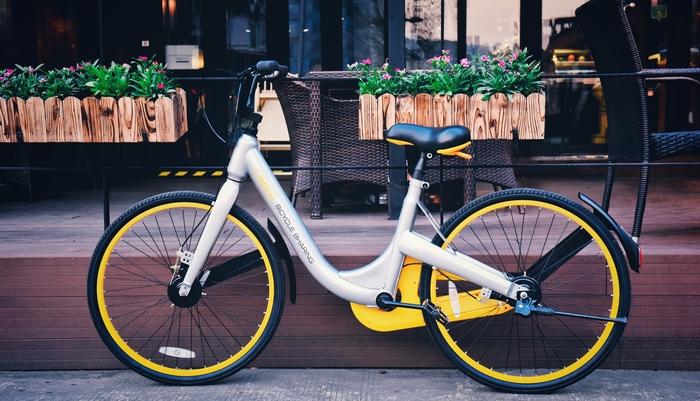
oBike gears up for global expansion after securing US$45m in series B
They are currently the biggest bike-sharing operator in Southeast Asia.
When the station-less smart bike-sharing company oBike launched in Singapore in January this year, it pressed on the expansion pedal like there was no tomorrow. In just several months, it has launched in 10 countries and regions, and most recently raised US$45m in its Series B round of funding as it pursues a go-global strategy.
Among the investors in oBike’s latest funding round is Grishin Robotics, a venture capital firm founded by Dmitry Grishin, who is the co-founder and chairman of Mail.Ru Group.
“With the latest round of funding, oBike, currently the biggest bike-sharing operator in Southeast Asia, will now shift its gears to become a global player,” the company says in a release announcing the impressive Series B round.
“oBike was founded with the vision of transforming how people in urban Singapore travel using technology. Users can now travel conveniently-- especially for first- and last- mile commuting-- via bicycles located all over the island,” says Edward Chen, chief marketing officer and co-founder of oBike.
“This vision has been realised and we aim to bring our success story in Singapore to other parts of the world with this round of funding. We hope to empower commuters globally with flexibility, convenience while helping them reduce their carbon footprint at the same time.”
oBike provides commuters with a convenient and environmentally-friendly option through its bicycle-sharing platform. Commuters can reserve a bike and unlock it using a dedicated oBike App, which is available on the App Store and Google Play. After use, the bike can be returned in a designated public bike-parking area and locked using the same app.
Through the use of technology to easily facilitate the use of shared bicycles in city areas, oBike seeks to reduce traffic congestion and environmental pollution. The service has been steadily gaining traction in Singapore and other markets such as Australia, Germany, Malaysia, Netherlands, Taiwan, Thailand and United Kingdom.
The idea of sharing and using bicycles is especially appealing in Singapore where mobile phone use is high, commuting is encouraged, and destinations are within biking reach due to the island’s compact size and interconnected urban areas.
In February, one month after oBike’s launch in Singapore, more than 1,000 oBike bicycles were made available across the island. Partnerships and public support have been strengthening in the past few months. In March, the LTA rolled out bicycle parking zones in seven areas to make bicycles easier to return.
oBike also teamed up with the Tampines Town Council for a one-year pilot testing initiative in the namesake city, notable as the first cycling town in Singapore established in 2010 with an extensive 6.9km cycling path network. The pilot programme titled “Ride and Roll” is now on its second phase of implementation, which will entail strengthening the messaging of safety and responsible cycling in the community. Phase 1, which ended in June, gave out a free trial service to residents and built demarcated bike-parking and bike-sharing spaces. Meanwhile, Phase 3, which started this month, will seek to roll out more community dialogues for future planning of sustainability and social impact initiatives.
“The introduction of bike-sharing services has increased the uptake of cycling as a mode of transportation in Singapore. Our collaboration with Tampines Town Council will allow us to tap on their expertise in promoting a healthy lifestyle around cycling,” says Elgin Ee, general manager of oBike in a press release announcing the partnership.
oBike has also made inroads in thwarting misuse and misconduct among users, which is part of ensuring the bicycle-sharing model is sustainable for years to come. The company introduced the idea of oBike Credits, which are points a user accumulates over time and can influence ride cost.
Basically, the lower the points, the higher the cost of the ride may become. Points are added for frequent usage, peer recruitment, and positive behavior such as flagging damaged and improperly parked bicycles. Points are deducted for negative behavior such as parking and traffic violations.
























 Advertise
Advertise









